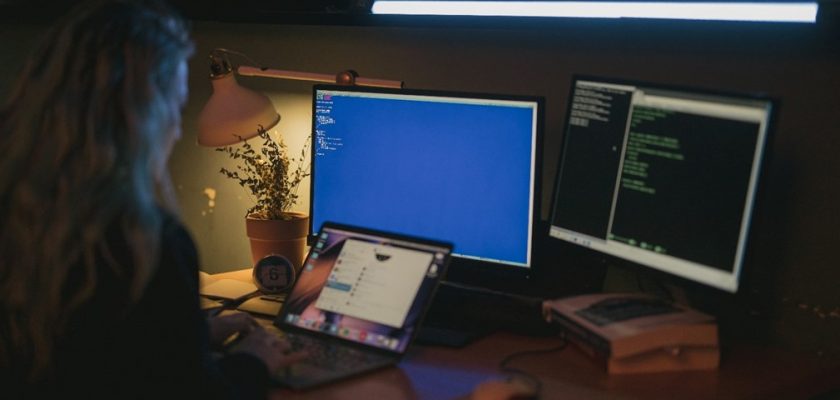Getting your social media accounts hacked can be a nightmare, especially if you’re one of those folks whose business or life revolves around social media. But then, we see these social media hacks happen over and over again, especially on popular networks like Facebook, Twitter, and Instagram. Hackers hack social media accounts to steal private info and scam the user’s friends and family. But then there are certain things you can do that’ll give these hackers a run for their money. This brings the question: How do you protect your personal account and information on social media sites? Or what are the ways of protecting your social media accounts?
Well, here’s how to avoid getting hacked on Instagram, Facebook, and the rest.
5 Ways To Protect Your Social Media Accounts From Being Hacked
Go Private
One of the best ways to protect your social media accounts, especially when online, is to surf privately. This doesn’t just mean going to your Facebook settings to set your account to “private.” The best way to really secure yourself online is by using a Virtual Private Network (VPN). This will serve as full body armor against hackers online. The truth is that online security measures these days are ineffective against pro hackers. Private networks protect you by masking your IP address.
If you’re wondering, what can someone do with your IP address? The answer is that they can know your exact location, gain access to your personal data, hack your device, or steal your identity. This is why top VPN apps like VeePN are recommended to secure your privacy. All you have to do is download the app and turn it on anytime you wish to enjoy data encryption, privacy, and security. You can use VeePN for iPhone or Android, and you can even enjoy its fast, amazing service with a free trial.
Use A Strong Password
If you’re one of those folks who like using their date of birth as social media account passwords, then the chances are that you’re well on your way to being hacked. The importance of passwords cannot be overemphasized. This is why, when setting up passwords, some sites will insist that you mix letters, numbers, and symbols so that you can form a strong, unique password. Most of us, however, have different accounts on different sites, so coming up with strong, unique passwords may backfire on us since it’ll be hard to recall all of them.
This is why most people are fond of using one particular password for different accounts. But bear in mind that by doing this, you are empowering hackers to access all your accounts and wipe out your data. So how would you choose secure passwords for social media accounts and put them in place? The best solution is to use a password manager or notebook to store all unique passwords. Once you do this, you don’t have to worry about your passwords or hackers either.
Use 2-Factor Authentication
2-factor authentication is an additional layer of security used by most sites and social media networks to help secure your account from unauthorized access. How this feature works is that after inputting your password, you’ll receive a code (via mail or mobile number) to verify if it’s actually you trying to log in. Without this code, you won’t be given access even if you use the right username and password.
2-factor authentication usually activates when a login attempt is made from a different device or location. Bear in mind that it may also be triggered when you’re using a VPN, especially powerful ones like VeePN, that can totally mask your IP address and give you a new location on the radar.
Boost your security with an antivirus
Antivirus software that is up to date will prevent malware from infecting your computer. It also warns you about harmful websites that could expose your social media accounts to attackers. If you’re one of those users who love clicking on spam links to external websites, then an antivirus may do you good. Run your virus scanner to delete any dangerous software spying on you or collecting your login credentials.
Be wary of third-party applications and sites
Most sites demand connecting to your social media accounts for one reason or another. Examine your social network accounts to check if you’ve given third-party programs access to your personal account. Some websites, for example, demand you to log in with a social media account. Make sure you understand what information they are getting from your social profile/account, as they can serve as entry points for hackers to gain access to your account.
Facebook is probably the most affected by this, as many sites use Facebook details for login or verification. You may verify this in the “apps and websites” section of your Facebook preferences. Remove any apps or websites that you’re unsure about. Other social media services, such as Twitter and Instagram, are similarly affected.
These five things may not seem like much, but I can assure you that 90% of social media users do not apply them. If you can apply these basic things, you’ll never have to worry about losing your account to hackers.

